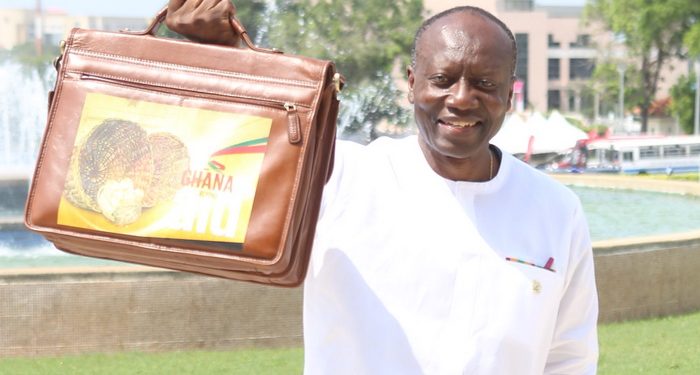Government has been urged to use the 2022 budget statement and economic policy to reduce the gap between revenue and expenditure.
The 2021 budget had a total revenue target of GH¢ 72.45 billion, while expenditure was set at GH¢ 113.75 billion, bringing the overall balance to GH¢ 41.298 billion.
According to the 2021 mid-year budget presentation, however, some revisions in Government’s fiscal operations are expected to reduce the fiscal deficit on a cash basis to GH¢41,273 million or 9.4% of GDP, down from the original deficit target of GH¢41,298 million or 9.5% of GDP as stated in the main 2021 budget statement.
The deficit is expected to be financed from both foreign and domestic sources.
Net Foreign Financing of the deficit will amount to GH¢15.874 billion, equivalent to 38.5 percent of the total financing, while total Domestic Financing will amount to GH¢25.399 billion (5.8% of GDP), or 61.5 percent of the total for 2021.
In an interview with Citi Business News ahead of the 2022 budget presentation on Wednesday, November 17, Economist Courage Martey said he would like to see a faster pace of fiscal consolidation.
“When I pick the 2022 budget, I want to see a faster pace of fiscal consolidation. What I mean by that is I want to see a faster reduction in the gap between spending and revenue. Because the deficit must be financed by borrowing.”
“Now if you look at what is happening on the global financial market in the past few months, and what will happen this quarter and into next year and even beyond, we are likely to see interest rates going up,” he added.
Mr. Martey further noted that developments on the international financial market, especially when it comes to the 10 year U.S. treasury yield which serves as a vital economic benchmark, will make borrowing to finance a high fiscal deficit hurtful for government.







